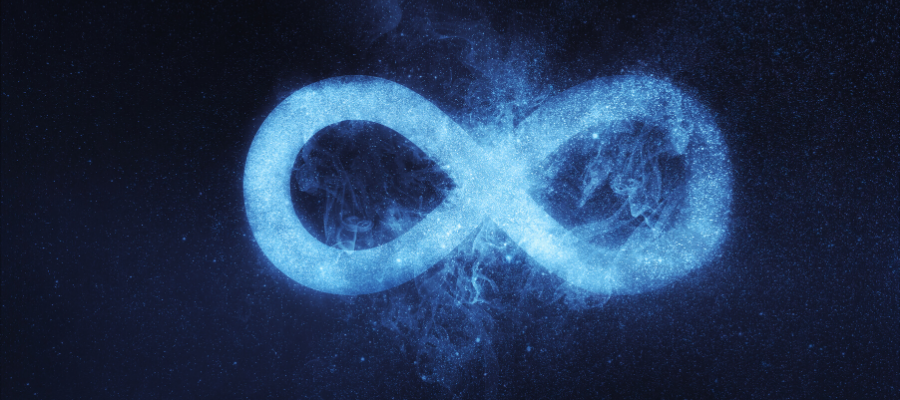Toward late afternoon, the light on a high overcast day becomes white and ethereally bright. Through the bare branches and beyond the tall pines, subtle hues of blue and gray catch the eye and capture the heart.
Sparrows with white ‘mohawk’ stripes on their heads take short bursts along the lawn as they search for morsels of food under the fruit tree. There’s a great affection for them, and even for the wily, aggressive jays.
Later, color spreads over the western sky, a soft salmon of such intense beauty that it brings the Earth and everything on it to a standstill for a few timeless minutes.
“Color is God,” I once heard a religious teacher say.

Standing in awe under that sky, suffused with color, including the most delicate blue between small striations of cumulus, I understand more deeply than ever what that means.
Can you view the Earth as if it were another planet? Our false familiarity with the Earth prevents us from seeing its beauty and feeling truly feel at home on this planet. The talk of “finding Earth 2.0” for our survival as a species is misguided in the extreme.
Harvard professor Cornel West rhetorically asks: “What does it mean to be stripped of your own consciousness?” For me that question cannot be answered by the intellect, only by complete negation in meditation.
We fear death because we believe the self has reality and we desire that it have permanence. We want the ‘me’ to continue forever, and like children, we don’t see why ‘I’ should end.
Ending the observer and self, initiating the movement of negation, and emptying oneself of psychological memory in the simple act of effortless attention to what is, there is a state of being totally beyond words, images and concepts. Can that potentiality be conveyed, through words or music?
A philosopher wrote recently in the New York Times about his childhood fears of death, which have continued into adulthood: “Why did I have so much joy and shared love just to someday have it all taken away, gone forever? And I understood ‘gone forever’ to mean never ever existing again. Done! Kaput! It made absolutely no sense to me.”
He continues, “As I grew older this existential dread stayed with me. There are times when, like the 17th-century thinker Blaise Pascal, I feel trapped between two infinities of meaninglessness.” Or as the existentialist Albert Camus put it, “conscious certainty of a death without hope.”
In his unfinished work, “Pensées,” Pascal wrote, “When I consider the short duration of my life, swallowed up in an eternity before and after, the small space I fill engulfed in the infinite immensity of spaces whereof I know nothing, and which know nothing of me, I am terrified. The eternal silence of these infinite spaces alarms me.”
When one actually communes with “the eternal silence of these infinite spaces” there is no fear; there is love. Deeper states of meditation recapitulate death, and even make a friend of death, so that there is not only renewal, but also perpetual beginning.

So is that why we are here, living between two eternities, to fully awaken and transcend death? And if we truly die while fully alive, what is death when we physically expire?
I have no death wish, and want to live as much as anyone. But unlike many philosophers, who think that life makes no sense because there is death, life only makes sense to me because there is death.
The world of becoming and psychological memory, of time and self, no longer hold meaning. That isn’t to say I’ve completely ‘left the stream.’ But the furloughs from the prison of human consciousness during meditation are the most important thing in one’s life.
The brain, quieted and emptied of thought in all-inclusive, undirected attention gathered through passive observation, is a receiver for the numinous, the holy silence that imbues nature and the universe.
When the mind-as-thought falls totally quiet, the light of creation completely pierces through the material of the old consciousness. Since that consciousness is not ‘mine,’ but man’s, is something larger going on with these piercings?
I don’t know, but in the ensuing hours the residues within one fall back into the space opened by the piercing of the light, and one returns to the old, cumulative consciousness. (Presumably, illumination means the mind/brain does not return, but effortlessly remains in the light.)
All I’m sure of is that when awareness penetrates to that level, one has enters the infinite house of death, without a trace of fear. Not the death of cycles, of birth and death, but the ground of all being.
Martin LeFevre

